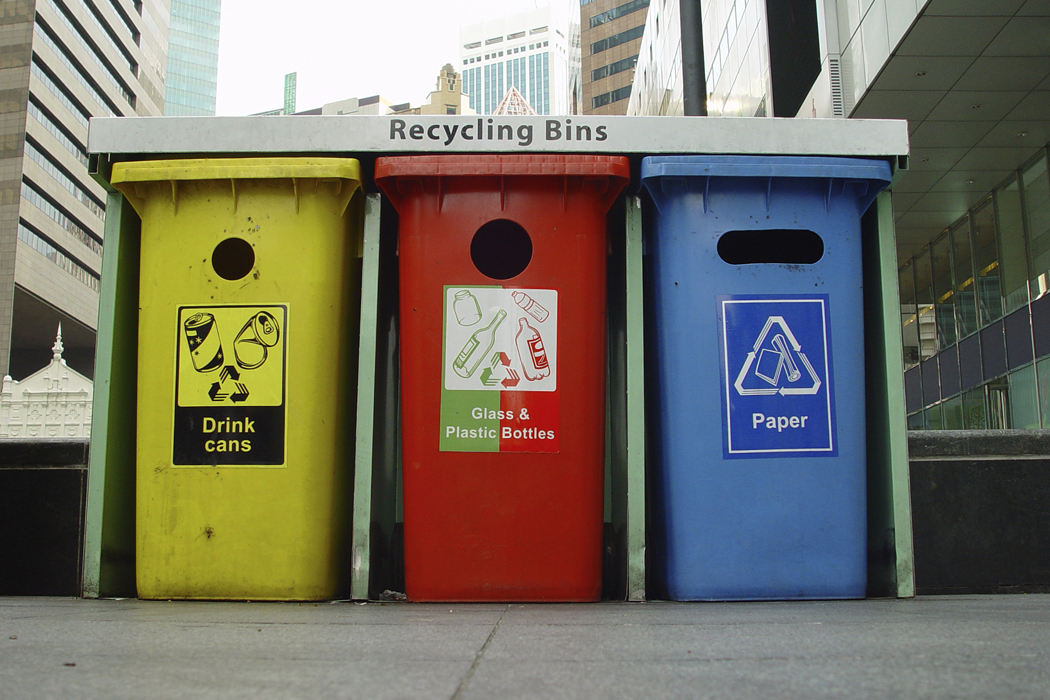I consider myself a fairly educated recycler, but there are times when I am completely confused about what can and cannot be recycled.
I used to think if it was made of plastic and had a chasing arrow symbol with a number inside of it, it could be recycled. I’ve since discovered that the number from 1 to 7 inside the chasing arrow symbol is the “resin identification code,” or RIC, and just because it is present doesn’t mean the plastic can be recycled. The RIC only identifies the plastic type.
Some recycling programs accept all types of plastic. Others accept only containers with certain code numbers stamped on them. Still, others, like mine, accept only products with specific resin codes that also are bottles (containers having a neck that is narrower than the body). Most municipalities don’t take all plastics because some plastics do not recycle well and others have little or no market for resale.

- Choose products with a high recycled content, even if they cost a little more.
- Reduce the volume of packaging you buy, reuse what you can and recycle the rest.
- Bring your own reusable bag when shopping.
- Buy quality products that last a lifetime.